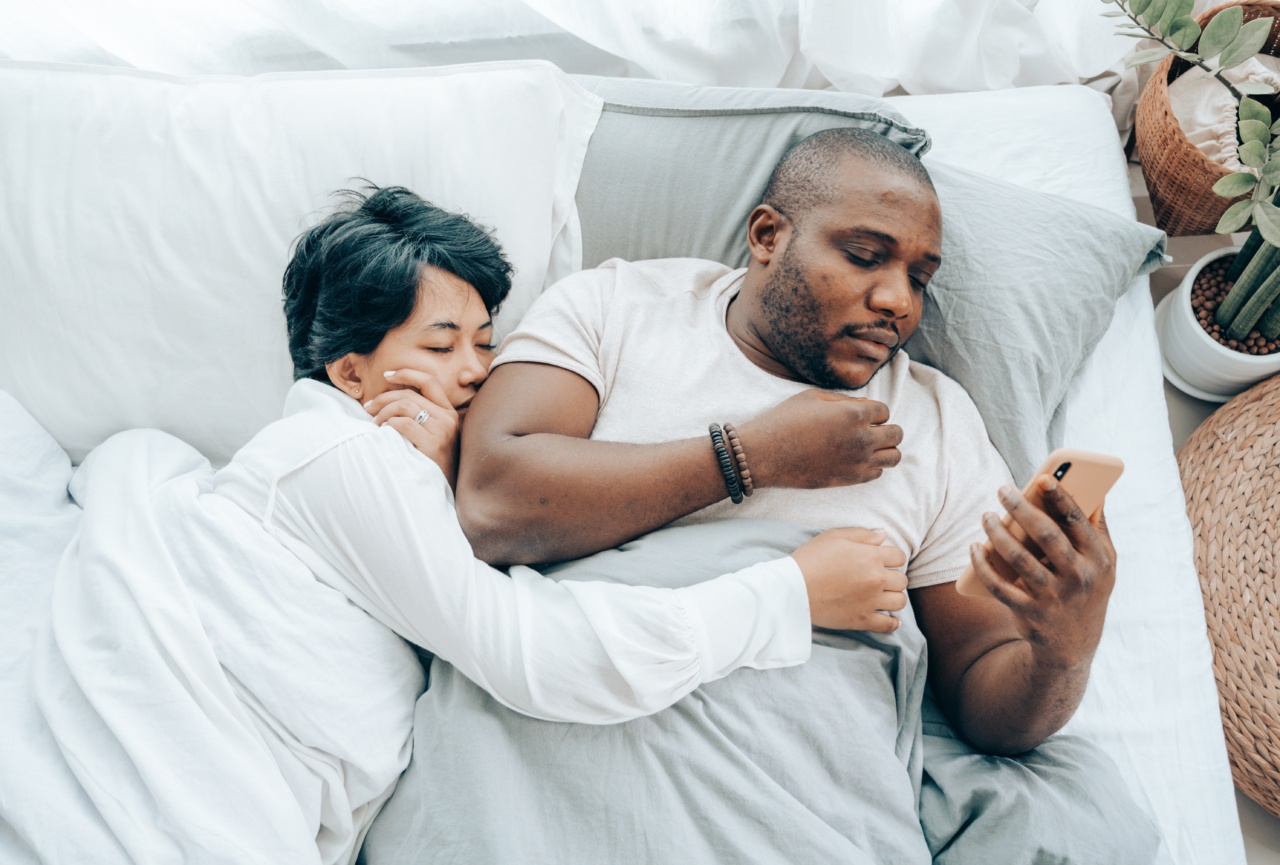It’s no secret that smartphones have become an integral part of our lives. From the moment we wake up to the time we go to bed, our phones are constantly by our side. However, this dependence on smartphones comes with a price.
One of the biggest drawbacks of excessive phone use is how it affects our sleep quality. In this article, we will explore the various ways in which your phone can impact your sleep and provide some tips on how to mitigate these effects.
The Role of Blue Light
One of the primary ways in which your phone affects your sleep quality is through the emission of blue light. Smartphones, like many other electronic devices, emit a type of light that falls within the blue light spectrum.
This blue light suppresses the production of melatonin, a hormone that regulates sleep-wake cycles. When exposed to blue light in the evening or at night, the body’s natural circadian rhythm can be disrupted, making it harder to fall asleep and achieve deep, restful sleep.
Screen Time and Insomnia
The excessive use of smartphones, especially before bedtime, has been linked to an increased risk of insomnia.
Engaging in activities such as scrolling through social media, playing games, or watching videos on your phone can overstimulate your brain, making it difficult to wind down and relax before sleep. This constant mental stimulation can lead to a delay in the onset of sleep and result in a reduced total sleep time, leaving you feeling groggy and unrested the next day.
Disruption of Sleep Patterns
Using your phone in bed can disrupt your normal sleep patterns. Many people have a habit of checking their phones for notifications or responding to messages even when they should be getting some shut-eye.
The constant interruptions from your phone can prevent you from reaching the deeper stages of sleep, such as REM sleep, which is crucial for memory consolidation and overall cognitive function.
Impact on Sleep Duration and Quality
Research suggests that the use of smartphones before bedtime can lead to a decrease in both sleep duration and sleep quality. The blue light emitted by phones suppresses melatonin production, as mentioned earlier, making it harder to fall asleep.
Additionally, the constant mental engagement with your phone can contribute to feelings of stress and anxiety, further impeding your ability to achieve a restful night’s sleep. The combination of these factors often results in shorter sleep duration and poorer sleep quality overall.
Reducing Phone-Related Sleep Issues
Fortunately, there are several strategies you can implement to reduce the negative impact of your phone on your sleep quality. Here are a few tips:.
1. Establish a Digital Curfew
Set a specific time in the evening when you will stop using your phone or any electronic devices. This allows your body to naturally wind down and prepare for sleep without the interference of blue light and mental stimulation.
2. Use Night Mode
Most smartphones have a night mode feature that reduces the amount of blue light emitted by the screen. Enable this feature in the evening to minimize the effect of blue light on your melatonin production.
Alternatively, you can use blue light-filtering apps or screen protectors to achieve a similar effect.
3. Create a Technology-Free Bedroom
Make your bedroom a phone-free zone. Keep your phone out of reach or even outside the bedroom altogether. Establishing boundaries between your sleep environment and your phone can help create a conducive atmosphere for restful sleep.
4. Practice Relaxation Techniques
Instead of scrolling through your phone before bed, try engaging in relaxing activities such as reading a book, taking a warm bath, or practicing mindfulness meditation.
These activities can help you unwind and signal to your body that it’s time to sleep.
5. Establish a Consistent Sleep Schedule
Maintain a regular sleep schedule by going to bed and waking up at the same time every day, even on weekends. This helps regulate your body’s internal clock and promotes better sleep quality.
Avoid the temptation to stay up late using your phone, as it can disrupt your sleep routine and make it harder to fall asleep.
The Importance of Prioritizing Sleep
Recognizing the detrimental effects of excessive phone use on sleep quality is the first step towards making positive changes. Prioritizing sleep is essential for overall health and well-being.
By implementing these tips and establishing healthy phone habits, you can significantly improve your sleep quality and wake up feeling refreshed and rejuvenated.






























